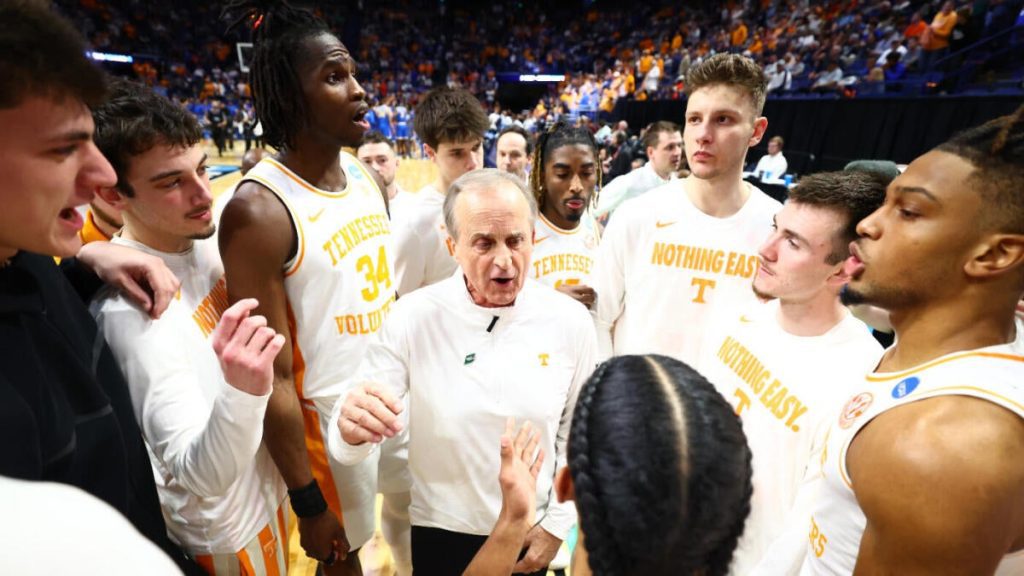SEC’s Transformation into a Basketball Powerhouse
INDIANAPOLIS – There’s ongoing debate regarding the moment the SEC transitioned into a basketball conference. However, Rick Barnes remembers when his league had little recognition in basketball.
It was 1987, an early stage in what would become a legendary career for Tennessee’s head coach. Barnes had recently completed a one-year stint at George Mason, during a time when the program was just beginning its journey, still years away from both its first NCAA tournament appearance and a remarkable Final Four run in 2006.
“When I was at George Mason, we scheduled SEC teams in November and December hoping to catch them off-guard and secure a win,” Barnes reminisced, noting that despite never having defeated an SEC opponent that season, the attempt was part of a larger point he aimed to convey.
This weekend’s Midwest Regional highlights one of the tournament’s primary narratives: a record-breaking 14 SEC teams are participating, surpassing the previous high of 11 from the Big East in 2011. Additionally, the SEC has set a new record with seven teams advancing to the Sweet 16, shattering the prior limit of four. With Kentucky facing Tennessee in one semifinal this Friday, there’s a possibility for three SEC teams to reach the Elite 8, and a chance for the SEC to surpass the record of four schools in the Elite 8 held by the ACC and the Big East, depending on victories by Auburn or Ole Miss.
“Everyone recognizes how historic this has been; this is perhaps the best era for college basketball,” observed Tennessee assistant Rod Clark. “People expected the SEC to struggle in the tournament, yet nearly half of the Sweet 16 is represented by us. It’s becoming clear that this league is for real.”
Given this substantial success, questions naturally arise regarding the transformation of SEC basketball. Improvements in coaching, player retention, and officiating have all contributed immensely. Barnes, who has witnessed the evolution firsthand since joining Tennessee ten years ago, emphasized that the only sport not embodying the ‘It Just Means More’ motto was basketball.
Former SEC commissioner Mike Slive took proactive steps to enhance non-conference schedules, and current commissioner Greg Sankey continued this initiative, ensuring that coaches were held accountable for their scheduling practices. With recent developments showing the SEC’s competitive edge in basketball, the conversation is shifting. The SEC, traditionally known for its powerhouse football programs, is now witnessing a rise in its basketball prestige, led by coaches like Barnes and the emergence of programs like Auburn and Alabama.



